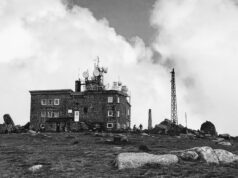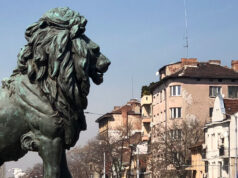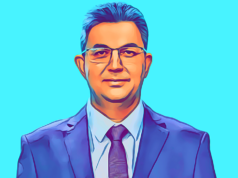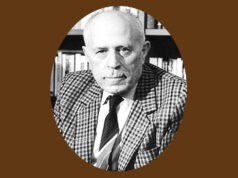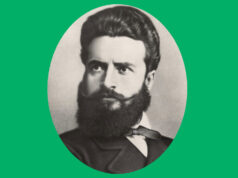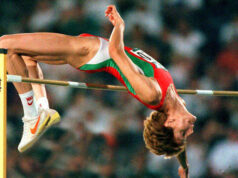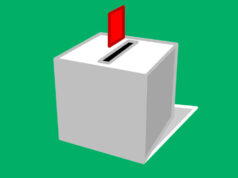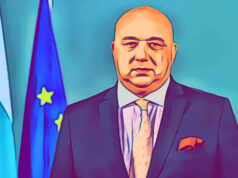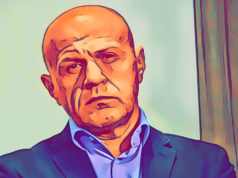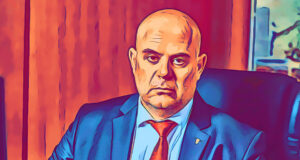The Alexander II Monument stands imposingly in the center of Narodno Sabranie Square in Sofia, Bulgaria. The Russian Emperor is well known by his nickname Tsar Osvoboditel (BG: Цар Освободител), which translates roughly into the English label “Liberator King.” The monument depicts him on horseback, gazing across Narodno Sabranie Square at the Bulgarian Parliament building.
An inscription on the monument reads “To the Liberator King, from a grateful Bulgaria.”
The monument was erected in 1907 and received an extensive renovation in 2012.
The street passing through the square is called Tsar Osvoboditel Boulevard in his honor.
Who is the Man on the Horse Facing the Bulgarian Parliament Building?
Alexander II was born into the Russian royal family and became heir apparent in 1825 at the tender age of 7 years, when his father ascended to the Russian throne. Alexander II became Emperor of Russia on 2 March 1855 and ruled until his death by assassination on 13 March 1881.
The early years of Alexander’s reign were marked by significant social, legal and administrative reforms within the Russian state. His most prominent reform was the Edict of Emancipation (1861), which abolished serfdom throughout Russia. This action freed 23 million Russian serfs, earning him the moniker Tsar Osvoboditel (Liberator King).
Other reforms included the introduction of universal military conscription, reorganization of the judiciary, and a system of local self government important in rural areas.
Alexander changed following an 1866 assassination attempt on his life, adopting a more conservative course of political behavior until his eventual death by assassination in 1881.
Alexander II and the Russo-Turkish War of 1877-78
In November 1875, representatives of the Bulgarian Revolutionary Central Committee determined the time was ripe for rebellion against the Ottoman Empire, and preparations began for a general insurrection in the spring of 1876. The rebels invested several months hoarding weapons and making plans.
On 14 April 1876, a meeting of committee members from the fourth revolutionary district was held at Oborishte to discuss the details of the insurrection. Unfortunately, one of the delegates present at that meeting betrayed the rebel plans to the Ottoman authorities, resulting in a chaotic and disorganized launch to the April Uprising, which was quickly and brutally put down by Ottoman forces.
Gruesome reports of civilian massacres and other atrocities led to a general outcry among Europeans and the Great Powers held a conference in Constantinople to address what became known as “the Eastern Question.” After the conference failed to produce a viable solution, Alexander II used all of his diplomatic skill to secure non-involvement agreements from the other powers, then declared war on the Ottoman Empire for the purpose of driving them out of Europe.
Alexander exhibited great personal interest in the effort to dislodge the Ottomans from the Balkans, even traveling to Bulgaria himself to address the troops at the start of their campaign.
It took the Russians less than a year to defeat the Ottoman Empire, advancing all the way to the walls of Constantinople. The Treaty of San Stefano and subsequent Congress of Berlin reestablished a free Bulgarian state on the Balkan peninsula for the first time in almost 500 years.
Upon his recommendation, Bulgarian parliamentarians elected his nephew Alexander of Battenburg unanimously as Prince Alexander of the Principality of Bulgaria on 29 April 1879.
How Do Bulgarians Feel About Alexander II?
Bulgarians have always been grateful for the role Alexander II played in their fight for freedom from the Ottoman Empire.
Despite the origin of Alexander’s nickname Tsar Osvoboditel in his actions to free Russian serfs, Bulgarians were quick to embrace it for themselves, expanding its meaning to include their own emancipation from the Ottoman Empire. To them Alexander II remains a hero worthy of praise for his service to the Bulgarian people and nation.



